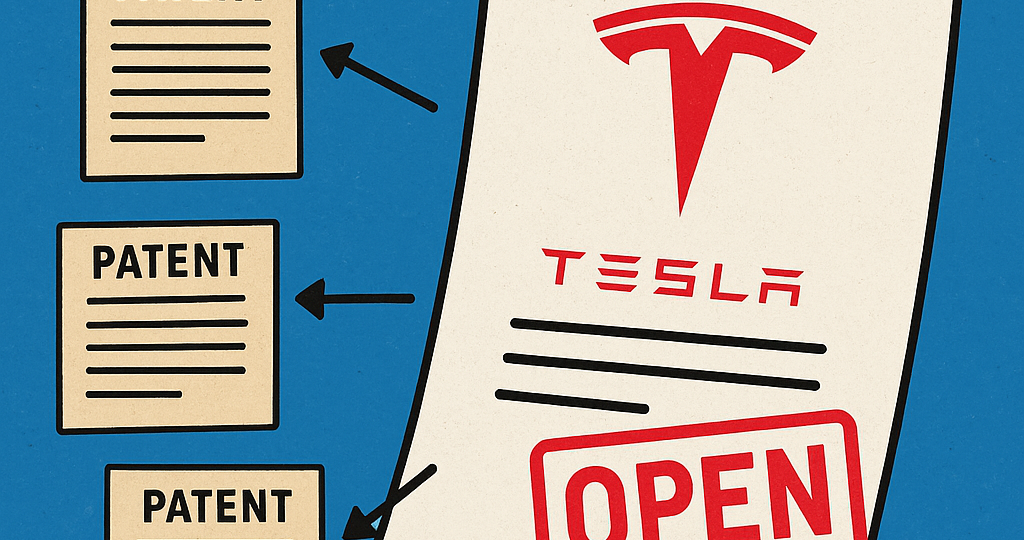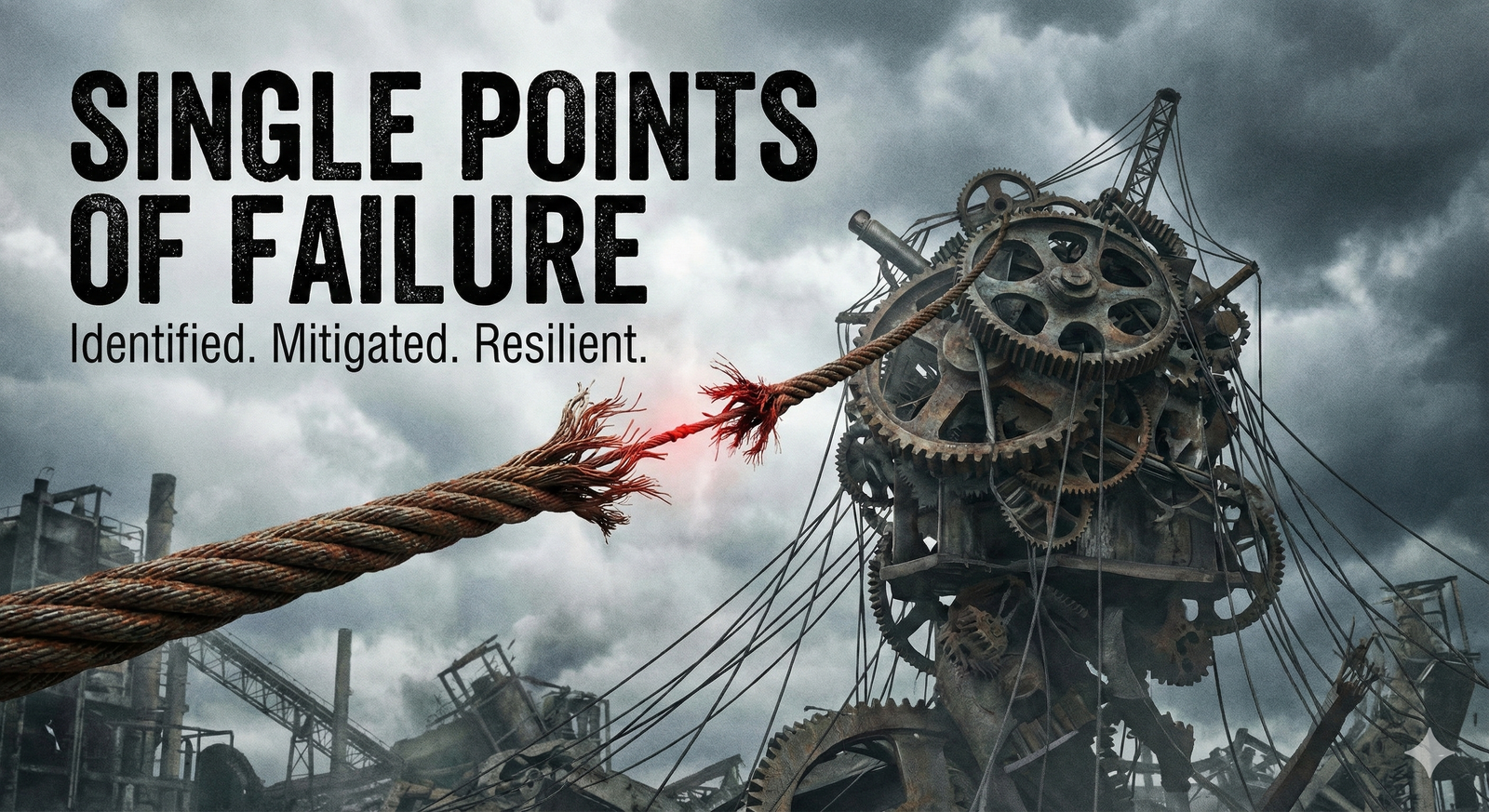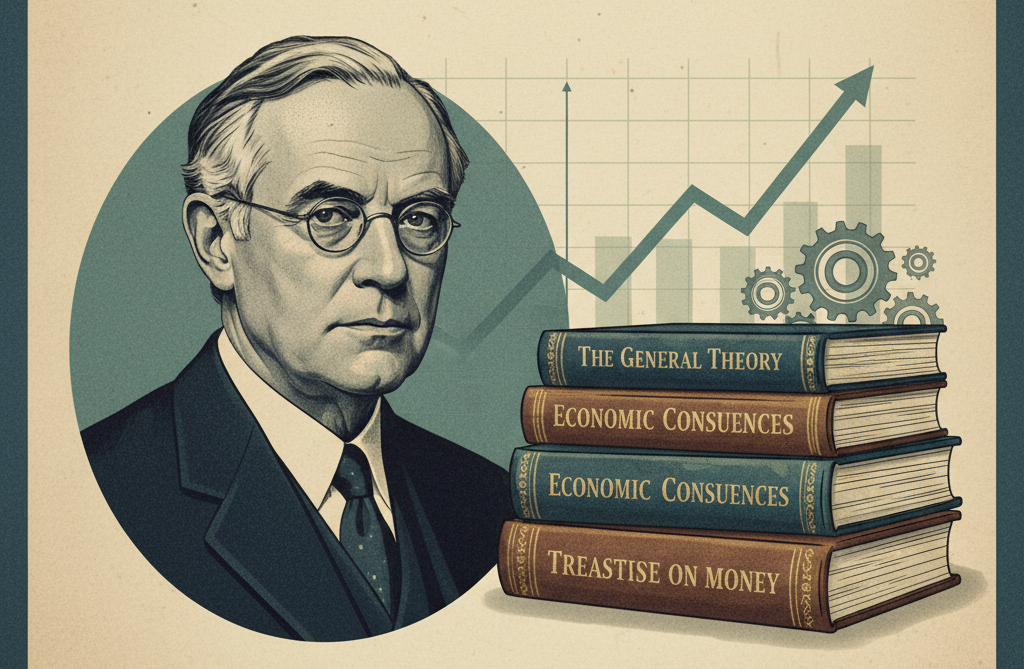
In 2014, Elon Musk did something most CEOs would never dare: he released all of Tesla’s patents to the public. Anyone — even competitors — could now use Tesla’s electric vehicle technology, free of charge. At the time, many in the business world thought this was corporate suicide. Giving away your company’s most valuable intellectual property? That sounded absurd — especially in the ultra-competitive auto industry.
But Musk wasn’t trying to play by traditional business rules. In a now-famous blog post titled “All Our Patent Are Belong to You” (yes, I’ve double checked it. That is the title of the blog post; I didn’t do the grammatical error), he explained the reasoning: Tesla couldn’t fight climate change alone. The mission wasn’t just to build the best electric cars — it was to accelerate the world’s transition to sustainable energy. If other companies used Tesla’s innovations to make better electric cars, everyone would win — and the market would grow faster.
At first, critics laughed. Why would GM or BMW use Tesla’s tech? Wouldn’t they just copy Tesla’s work and undercut them? But the opposite happened. The patent release helped position Tesla as a leader and standard-setter in the electric vehicle space. As legacy automakers scrambled to catch up, Tesla’s early generosity earned them credibility, influence, and even partnerships. Rather than weakening their edge, the move helped solidify Tesla’s brand as a mission-driven innovator, not just a carmaker.
Tesla’s open-patents moment flipped the script on how companies think about competition and collaboration. It showed that sometimes, giving away your best ideas can be the smartest idea of all — especially when your goal is to lead a movement, not just a market.
RELATED POSTS
View all


